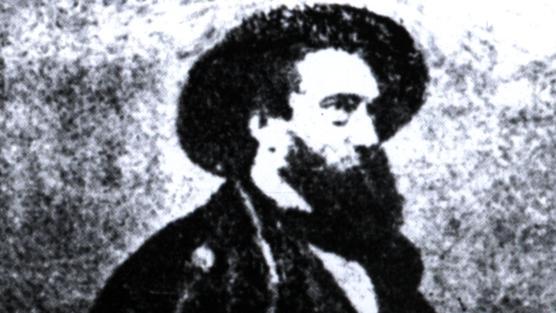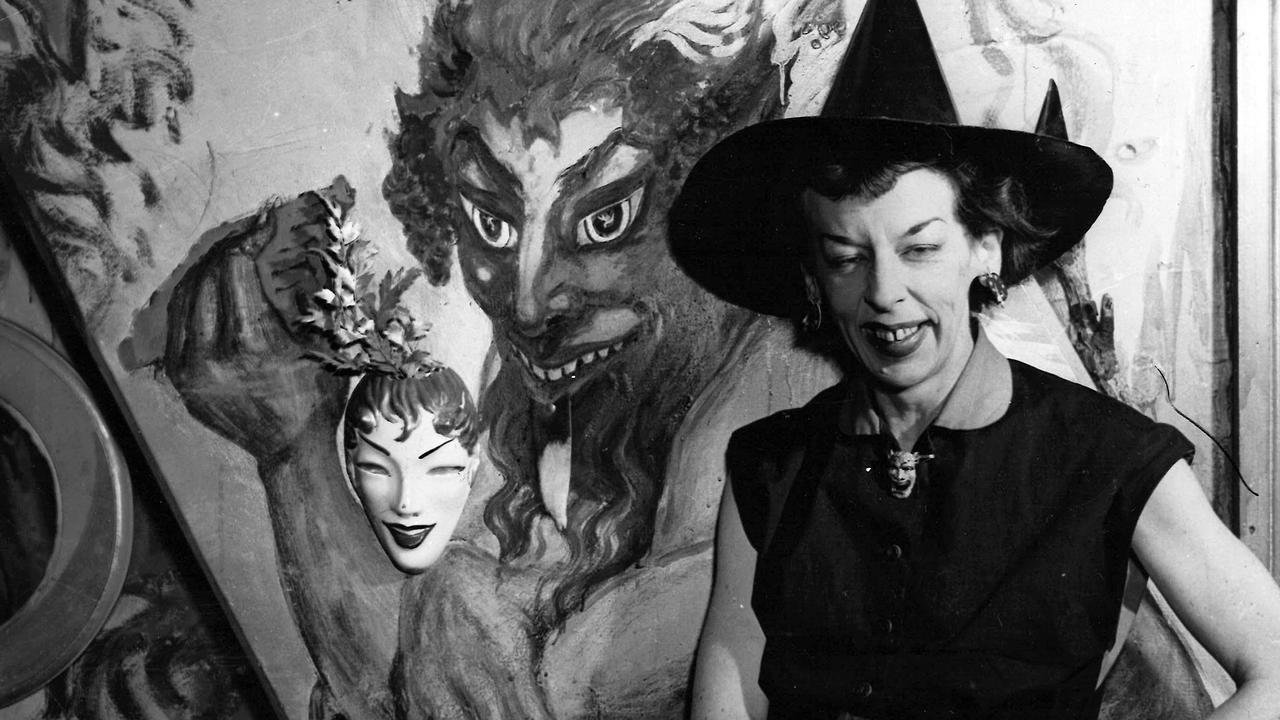Why Eureka Stockade ringleader became a pantomime playwright
While famed as a rebel, Eureka rebellion ringleader Raffaello Carboni’s greatest contribution to Australian history may be a long-lost Italian operatic pantomime.

In Black and White
Don't miss out on the headlines from In Black and White. Followed categories will be added to My News.
Italian gold prospector Raffaello Carboni is best known as one of the ringleaders of the Eureka rebellion, who was charged with high treason and faced the threat of execution.
But arguably his most fascinating contribution to Australian history is a pantomime he wrote inspired by his months living with an Aboriginal tribe, featuring two men “Boom” and “Rang”.
Carboni’s story is told in today’s new episode of the free In Black and White podcast, with Robert Pascoe, Dean Laureate and Professor of History at Victoria University:
Carboni’s leading role in the Eureka uprising in 1854 was unsurprising given he was already a veteran of the Garibaldian revolutionary wars in Italy in the 1840s.
While awaiting trial in Melbourne Gaol, Carboni wrote the definitive history of the bloody miners’ rebellion in Ballarat, a 126-page eyewitness account called The Eureka Stockade.
At the same time, he began writing his Italian-language operatic pantomime, Gilburnia.
“He starts it with the threat of his own death hanging over him, because if he’s found guilty of treason, he’ll be executed,” Prof Pascoe says.
“And so he’s a person who … is kind of possessed with this idea of his own end.”
When Carboni was instead set free, he returned to Italy and became a writer.
Gilburnia wasn’t published until 1872, long after the Eureka rebellion, then it was lost, only to be rediscovered in the 1990s.
Prof Pascoe believes the pantomime’s lead character, Queen Gilburnia, is probably based on Queen Jellibung, a prominent elder in Dja Dja Wurrung country at the time.
As for her suitors, Boom and Rang, their names were a comical play on words that would have been lost on his audience in Rome if the play had ever made it onto the stage.
While the Dja Dja Wurrung people of north-central Victoria had been decimated by the time of Carboni’s arrival, they welcomed this stranger into their lives in the summer of 1853-54.
Carboni shared the men’s tribal life, participating in corroborees, fishing and hunting and learning their burial customs. In Gilburnia, those cultural practices are brought to life.
Carboni describes how the warriors expertly wielded barbed spears, clubs and shields, and recognises they were not directed by a boss, but were “primitive communists”.
On his hosts’ fishing technique, he wrote: “So sharp is the native’s gaze that only a moment is needed, to throw the spear, and lift it (the fish) curving from the water.”
To find out more, listen to the interview with Prof Pascoe in the free In Black and White podcast on Apple Podcasts, Spotify or web.
See In Black & White in the Herald Sun newspaper Monday to Friday for more stories and photos from Victoria’s past.


